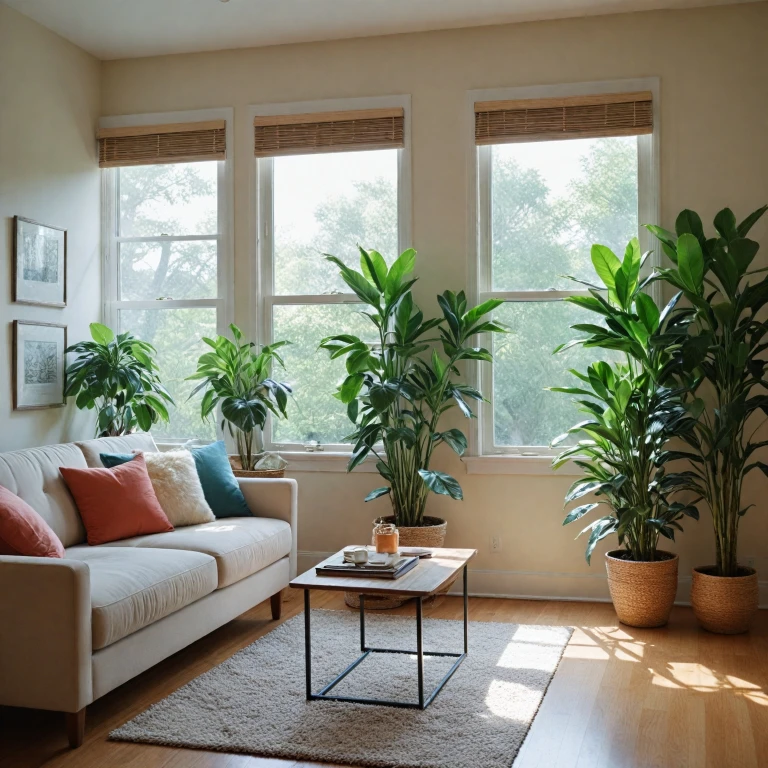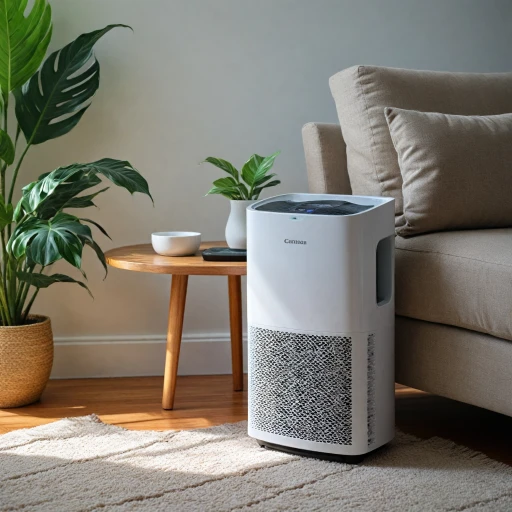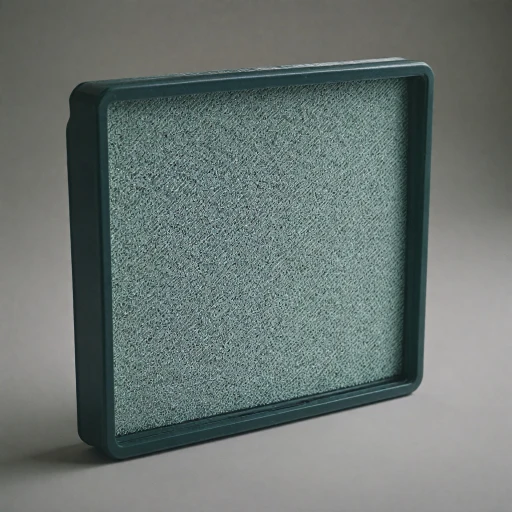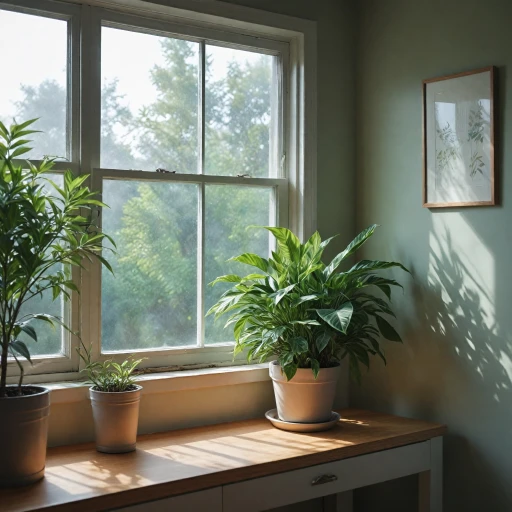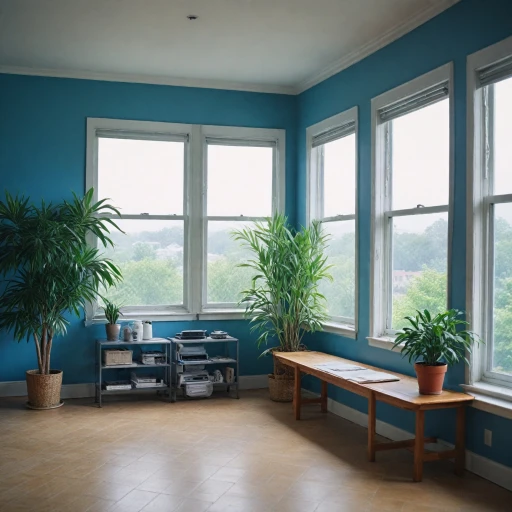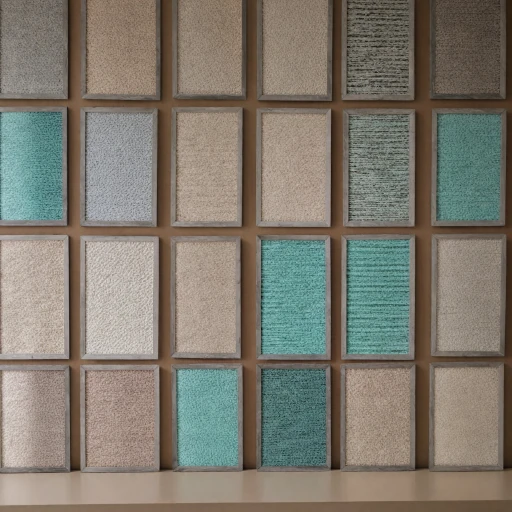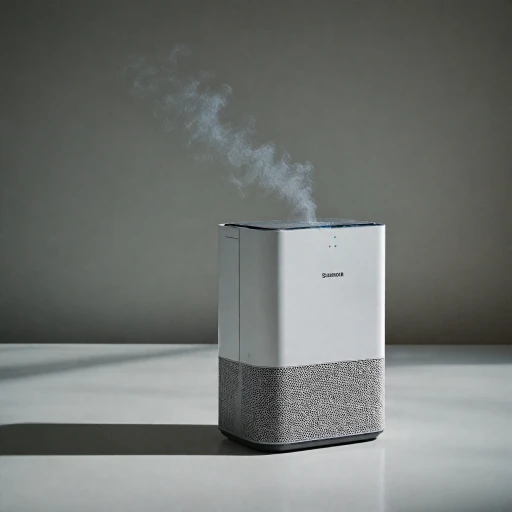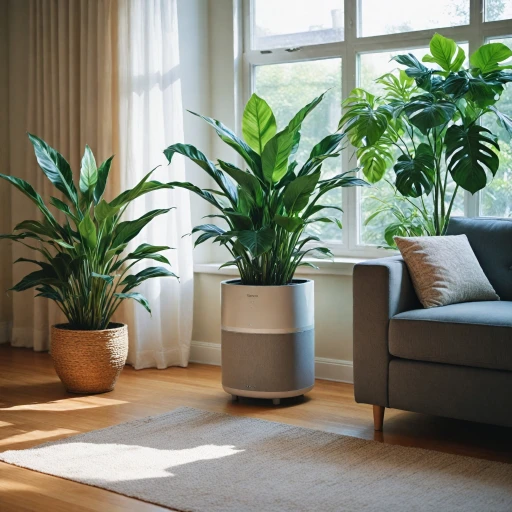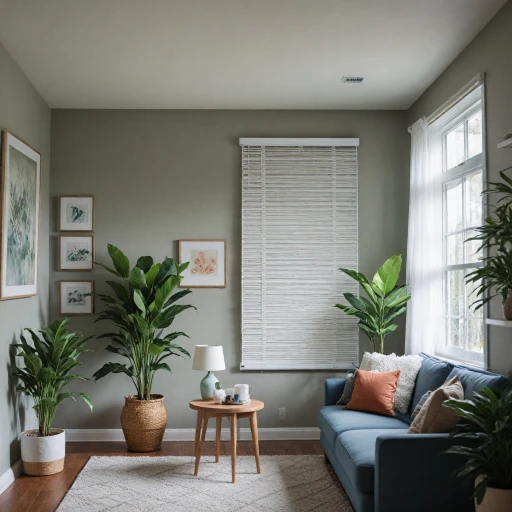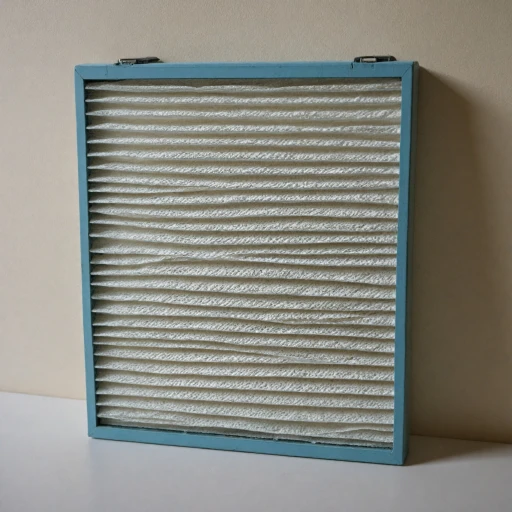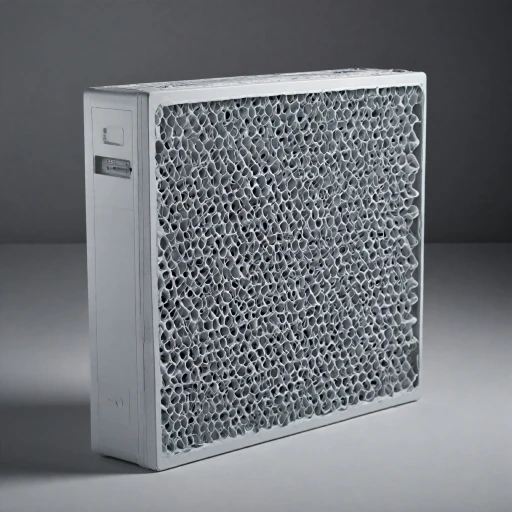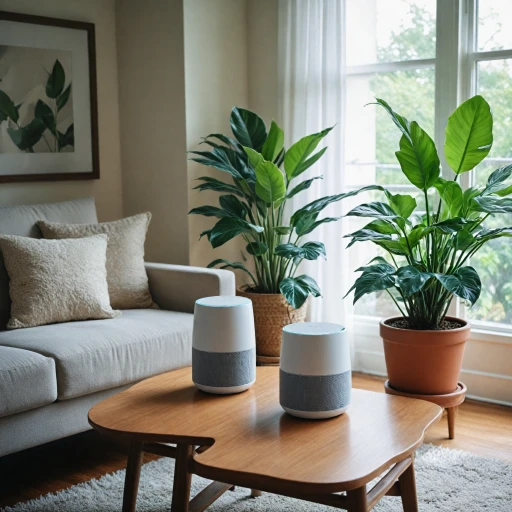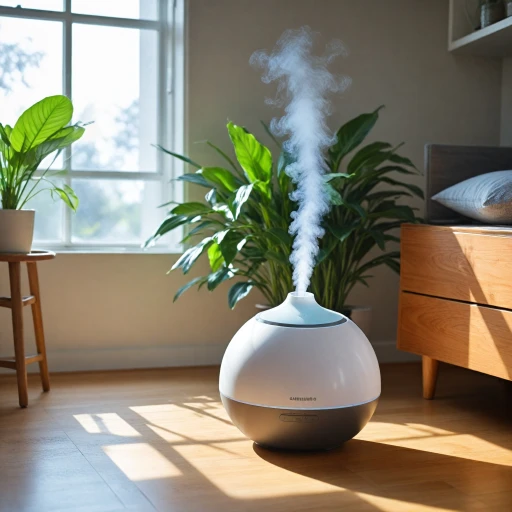
The Role of Air Filters in Air Purifiers
Key Functionality of Air Filters in Purification Systems
Air filters are a critical component in air purifiers, ensuring that indoor air quality remains high by trapping various airborne particles such as dust, pet dander, and mold spores. These particles can significantly affect your living environment, making the choice and maintenance of air filters paramount for efficient air purification. Air filters work by sifting through air drawn into the purification system, capturing contaminants through a combination of mechanisms like sieving, interception, and diffusion. This ensures that the air circulating in your home is free from harmful irritants. Different filters have varying levels of efficiency determined by their rating systems, such as MERV (Minimum Efficiency Reporting Value), FPR (Filter Performance Rating), and MPR (Micro-Particle Performance Rating).- MERV Rating: This indicates how well a filter can remove particles from the air. A higher MERV rating signifies better filtration of smaller particles, enhancing air quality.
- Efficiency Levels: Filters with high-efficiency levels are essential for homes with occupants who suffer from allergies or respiratory conditions, as they can effectively capture allergens.
Why Size Matters: The 16x20x4 Air Filter
The Critical Importance of Air Filter Dimensions
When it comes to maintaining optimal air quality in your home, the size of your air filter is more crucial than one might think. The 16x20x4 air filter serves as a vital component in your HVAC system, impacting the efficiency and longevity of the entire setup.
The dimensions of the air filter directly affect how well it fits into your system. An incorrectly sized filter can allow air to bypass, leading to reduced filtration efficiency. The 16x20x4 filter size offers an optimal balance of surface area and thickness, helping capture particles like dust, mold spores, and dust mites. This size is particularly effective in preventing common airborne particles from circulating through your home.
Bigger isn't always better when it comes to air filters. While a thicker filter can trap smaller particles, it's crucial to ensure it fits snugly within your furnace or HVAC system. A perfectly fitting filter aids in maintaining consistent air flow, enhancing the system's ability to manage air quality, pet dander, allergens, and even smaller pollutants.
Ultimately, selecting the correct size has implications for your system's MERV rating, which indicates the filter's ability to capture particles. Matching the right size and MERV rating maximizes filtration efficiency, ensuring clean indoor air and promoting better health and comfort within your home.
Benefits of Using 16x20x4 Air Filters
Advantages of Choosing the Right Air Filter Size
When considering an air filtration system, using the proper size, like the 16x20x4 air filter, offers numerous benefits that enhance your indoor environment and improve air quality. Here are the key advantages of opting for this specific air filter size:- Optimal Efficiency and Performance: The 16x20x4 air filter, with its pleated design, increases the surface area capable of capturing dust, mold spores, allergen particles, and other airborne contaminants. This efficiency level means your home's HVAC system can effectively remove these particles from the air, providing cleaner air to breathe.
- Extended Lifespan: Larger air filters, such as the 16x20x4 size, generally have a longer lifespan due to their greater capacity to hold particles. While smaller filters might require replacement within days, the 16x20x4 often lasts longer between changes, helping to reduce the frequency of filter replacements.
- Enhanced Air Quality: By using an air filter with a suitable MERV rating, this size ensures that finer particles, including dust mites and pet dander, are trapped more efficiently. Depending on your needs, considering the filter merv, MPR, or FPR ratings can help you choose the best option for maintaining superior air quality.
- Protection for HVAC Systems: Employing the correct filter size, like the 16x20x4, safeguards your furnace air and overall HVAC system from accumulating dust and debris, thereby enhancing its performance. Regularly maintained air filters prevent system strain and contribute to prolonged equipment lifespan.
Common Challenges with Air Filters
Addressing Frequent Concerns with Air Filters
Air filters are a crucial component of maintaining healthy indoor air quality, but they are not without their challenges. Understanding these can help optimize their performance and ensure your air purification system runs efficiently.- Filter Efficiency Ratings: The efficiency of an air filter is often gauged by different rating systems such as MERV, MPR, and FPR. It’s crucial to select a filter with the appropriate rating for your needs. For instance, high MERV ratings effectively capture smaller particles such as dust mites and mold spores, but they may also reduce airflow if your HVAC system isn’t compatible.
- Sizing Issues: Installing an air filter that doesn’t match the required dimensions, like the 16x20x4 size, can lead to air leakage and reduced filtration quality. It is essential to ensure that the air filter fits snugly in your furnace or air purifier to work effectively.
- Clogging Due to Dust and Allergens: Over time, filters can become clogged with dust, pet dander, and other airborne particles. This impacts their efficiency and can strain your HVAC system. Regularly replacing or cleaning filters every 30-90 days is recommended to maintain efficient air flow and filtration.
- Compatibility with HVAC Systems: Some high-efficiency filters are pleated and thicker, such as the 4-inch variants, which might not be suitable for all furnace systems. It’s important to verify compatibility with your HVAC system to avoid operational issues.
How to Choose the Right Air Filter for Your Needs
Choosing the Best Air Filter for Your Needs
Selecting the right air filter for your home is a crucial step to ensure optimal air quality and efficiency. Here’s what you need to consider:- Filter Type: It’s imperative to decide between pleated or non-pleated filters. Pleated filters, often offering higher efficiency, can capture a wider array of particles and allergens, providing better protection against dust mites and mold spores.
- Size Consistency: Ensure the filter matches the required dimensions, like the 16x20x4 size, to fit your HVAC system correctly. Inadequate sizing can lead to inefficient filtering and poor air quality.
- MERV, MPR, and FPR Ratings: These ratings indicate the filtration power:
- MERV Rating: The Minimum Efficiency Reporting Value measures how effectively a filter captures particles. Higher MERV ratings signify better filtration by capturing smaller particles.
- MPR Rating: Micro-particle Performance Rating, often used in consumer products, focuses on particle filtration for sizes 0.3 to 1 micron.
- FPR Rating: A system designed to help compare filters, highlighting their effectiveness in removal of pet dander, dust, and other allergens.
- Allergen Filtration: Consider if you need a filter that specifically targets allergens. If family members are sensitive to pet dander or common allergens, invest in a filter with a higher rating to ensure better protection.
- System Compatibility: The chosen filter must work well with your existing furnace or HVAC setup to maintain its efficiency and longevity.
Maintenance Tips for Longevity
Maintaining Your Air Filter for Longevity and Efficiency
Regular maintenance of air filters, especially the 16x20x4 size, is essential to ensuring your HVAC system operates efficiently and maintains high indoor air quality. Here are some tips to help prolong the lifespan of your air filters and maintain optimal performance:- Regular Inspection: Check your air filters periodically to assess their condition. A quick visual inspection will help you identify if the filter is clogged with dust or other particles.
- Frequency of Change: It's crucial to change your air filters regularly. Depending on the manufacturer's recommendation and environmental factors, changing the filter every 60 to 90 days is typically advised. Remember, households with pets or a higher presence of allergens might require more frequent changes.
- Monitor Your Environment: Consider the air quality and environmental factors in your area. If there is a high level of dust, pet dander, or allergens, you might need to replace the filter more frequently to maintain air quality and system efficiency.
- Maintain High Airflow: Make sure the air vents are unobstructed by furniture or drapes to ensure effective air circulation. Adequate airflow helps the filtration system trap particles like mold spores and dust mites efficiently.
- Consider Filter Ratings: Pay attention to the MERV and FPR ratings of your filters. The higher these ratings, the more efficient the filter is in trapping smaller particles, which contributes to better air quality and system longevity. Balance the need for high efficiency with your specific air quality needs.
- Invest in Quality Filters: Opt for high-quality, pleated filters with a good MERV or MPR rating. These filters are generally more efficient in capturing a wide range of airborne particles.

